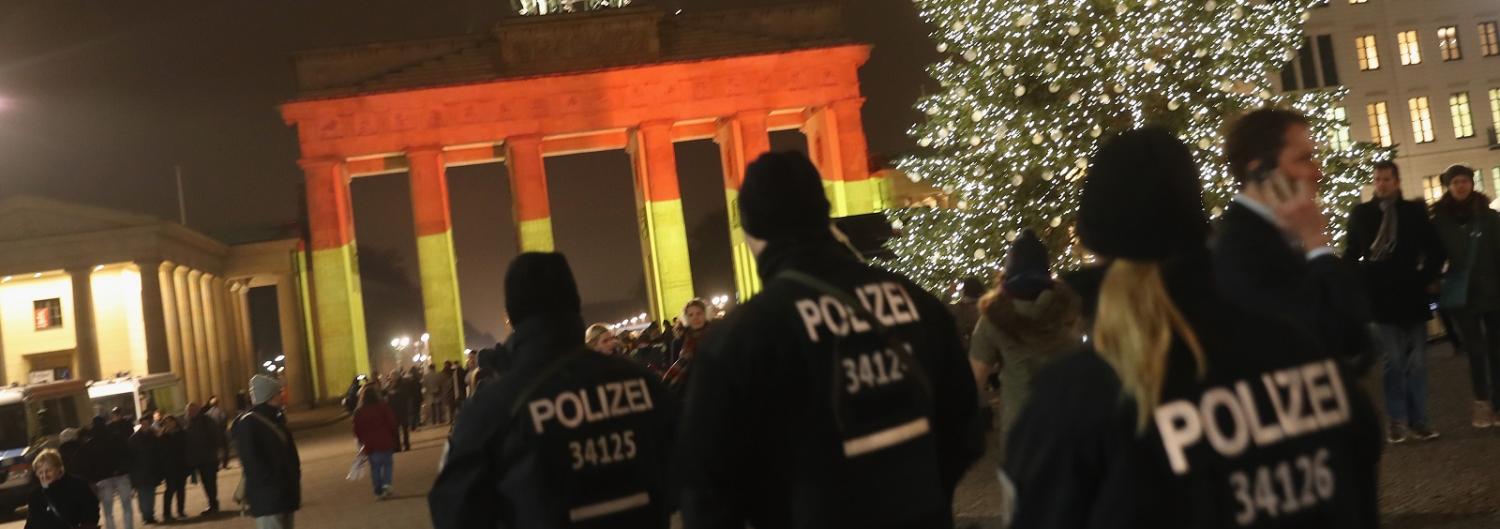The advent season has brought with it a renewed focus on the globalised nature of terrorism. This week’s grim tally of atrocities includes the assassination of the Russian ambassador at an art gallery in Ankara by a Turkish policeman, the death of 12 people at a Berlin Christmas market at the hands of an as yet-unknown terrorist in an attack claimed by Islamic State, and a shooting at a mosque in Zurich by a Swiss-Ghanaian, the motive of which police are still trying to determine. These come hard on the heels of the Coptic cathedral bombing that killed 25 in Cairo last week, and the shootout in Karak in Jordan that killed 10 people but may have forestalled a better-planned and executed plan, judging by explosives discovered.
While each is shocking enough, the proximity of these attacks to each other has exaggerated their individual impacts and even strangely obscured the reality that the terrorism issue shows no signs of abating. Consider a snapshot of terrorist-related activity in Europe discovered this last month. The 12-year-old Iraqi-German boy who planted two nail bombs in Germany a few weeks ago, allegedly based on instructions gleaned from Islamic State via a messenger app. A month ago, French police arrested five people planning an imminent attack in Paris after receiving instructions from Islamic State via an encrypted device. Last week six arrested in the UK and detained for questioning on suspicion of terrorism offences. Two weeks ago, one arrested by the Dutch police.
The forensic (and particularly the electronic) analysis of each of these will tell us much about the degree to which they are part of a coherent European network. They could be part of the broader, remotely-controlled or inspired pattern of Islamic State terrorist acts, or the timing may have been coincidental. The Ankara assassination is the most shocking but also perhaps the least concerning in a perverse sort of way. A lone gunman who saw the recapture of Aleppo as an assault on fellow Muslims and decides to kill a representative of the Russian government whom he holds accountable. The assassination had a surreal, studio-quality feel to it which made it all the more disturbing; a stark white background, an assassin dressed like he was on the set of Reservoir Dogs, and a professional photographer on hand to record the event. Despite the shocking scene, and without the joint Russian-Turkish investigation having started let alone finished, it is very possible that this was an isolated, single-issue terrorist act. Regardless, it disrupted nothing. The foreign and defence ministers of Turkey, Iran and Russia continued their planned meeting on Syria held in Moscow and even issued a joint declaration on Syria only hours after the Ankara assassination.
It is the plethora of the other, more anonymous foiled plots that remain more disturbing. Nationals of a country seeking to kill their countrymen and women, non-citizens ostensibly seeking protection but willing to kill members of the very societies they claim they wish to join. A 12-year-old boy finding some kind of warped religious fulfilment in making IEDs rather than playing as boys should. The sheer persistence of the threat, regardless of how much actual damage that it causes, defies easy analysis or solution. As does the path to Islamic extremism. In this information-saturated world, where 'fake news' has become a widely accepted term, reality, truth and analysis are taking a back seat to emotive, manipulative assertions. And when the radicalisation process relies on the ability to appeal to an emotional identity rather than rational discourse, we should expect this persistent threat to remain long after the Syrian and Iraqi conflicts are resolved.
Merry Christmas.
Photo by Sean Gallup/Getty Images

